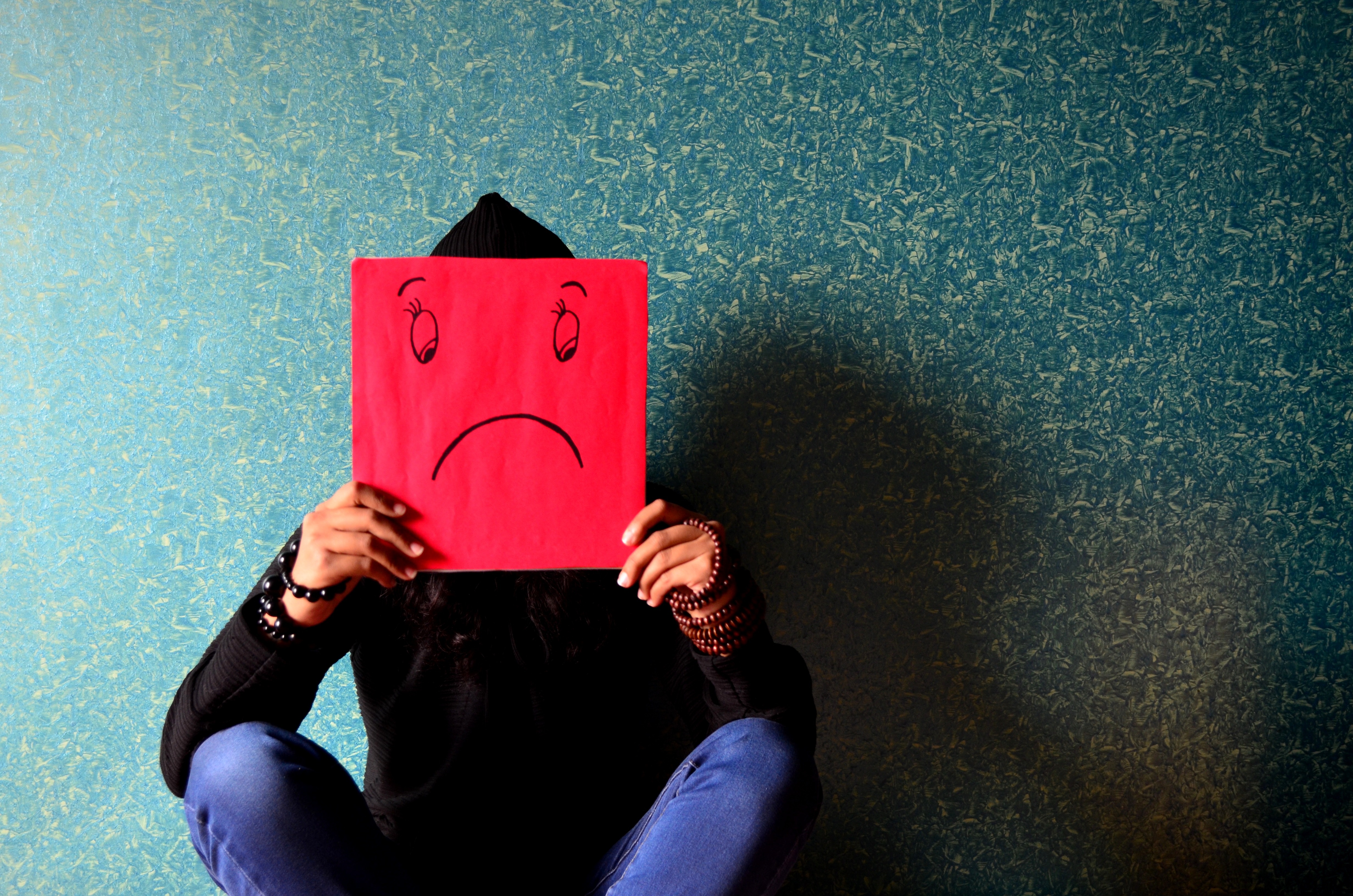I’ve been known to highlight some pretty dark issues in my community, the Orthodox and Hasidic Jews.
Passionately engage in online rants about the need to revamp Sex Ed in our schools. Aggressively tackle educational reform and better opportunities for our children. Proudly take the podium to rail against child sexual abuse in our communities. Extensively write about all sorts of typically-silenced topics in our community, such as addiction, birth control, feminism, Rabbinic leadership, pluralism, prayer, modesty, belief in G-d and more.
And when I do, I often encounter the following responses:
- Some sort of deep resonance and appreciation for speaking out: “Finally, someone said something. Thank you!”
- Some sort of deep denial of the issue at hand: “Maybe you’re describing a small subset of the community, but most people… You’re talking about something in the velt, but in our world, Boruch Hashem…”
And the most rampant and to me, bothersome response:
- A knee jerk, almost vehement protection of our core beliefs and ideals: “This isn’t what Judaism stands for… the Torah doesn’t teach this… this isn’t my experience as an Observant Jew…”
And those responses are hard to navigate. Am I bad for bringing these issues to light? Suddenly less G-d fearing or loving? Somewhat heretical? Do I not revel enough in my identity as an Orthodox Jewish woman?
I get it. Really, I do.
We are deeply connected to our beliefs and ideals. We are proud of the G-dly, spiritual compass by which we navigate our lives– and we would stand up to anyone who attempted to fault these beliefs, to paint our potent identity and lifestyle in anything less than a technicolor rainbow.
So when anyone complains about the Orthodox, we get a bit touchy.
A couple of weeks back, I shared an article by Leah Vincent that linked cultural norms in the Orthodox community as causation for the OTD population’s difficulty saying, and accepting, ‘no’ in sexual relationships. I wrote how the author’s words resonated: “This phenomenon exists within the religious world as well: blurry lines, unrealistic expectations of how sexual relationships should develop, gender-based power plays, dubious consent, and more. There’s not enough education regarding healthy expressions of sexual activity and intimacy in our communities– and we pay a major price.”
Yes, I complained that we need better Sex Ed in our communities. In subsequent comments, I highlighted the Orthodox community’s need to do better in preparing our children for intimate, physical relationships.
Many commenters defended our ideals. Spoke how they felt empowered in our community as Jewish women. Denied any patriarchy or misogyny in Observant circles. Attempted to absolve Judaism from any responsibility.
But see, no one is blaming Judaism.
Torah is not at fault.
It’s about how we, fallible people, translate our ideals. How we, as people, experience life in all its texture and nuance. How we create and perpetuate culture. How we make mistakes.
How we can do better.
And it’s not just about the Orthodox or Hasidic community.
Anyone, no matter what community they’re from- Reform, Conservative, Modern Orthodox, Unaffiliated, Reconstructionist, Yeshivish, Sephardic, OTD and more- feels protective of their people, ideals, choices and viewpoints. Throw in the fact that we’re typically talking about issues that in some way touch our spiritual and core beliefs and identities, and of course we get sensitive. Of course.
But when we resist looking critically at ourselves, when we hide, when we look away, when we blame others, when we are defensive, we miss opportunities not only for self-reflection, understanding and empathy– we lose possibilities to become better people in this world.
And when we attempt to hush issues that confront our specific, unique Jewish communities, when we sugar coat our complex experiences as Jews in a modern world, when we equate the Torah with the practice of the Jewish people, we are certainly not doing G-d any favors- at all.
Saying that a particular issue ‘happens everywhere’ does nothing for making the world a better place.
Yes, there are issues with consent in every community. Yes, everyone is battling addiction. Yes, there are power gaps and leadership fails and sexual harassment and poor schooling options and empty ritual practice no matter how many hours – if at all – you wait between eating meat and milk. No matter how many Jewish laws you’ve learnt. No matter how many hours you pray on Saturday and if you like your bagels with lox and cream cheese or just plain toasted.
But why, why, are these things happening in our respective communities?
I guarantee you, it’s not always for the same reasons.
I am beyond proud of my identity as a Hasidic woman. I stand shoulder-to-shoulder with so many Jews, in so many diverse circles. And even when I’m one of the few representing my community – or walking amongst hundreds like me – I feel empowered, and blessed, to represent a group of devout and devoted Jews like my fellow community members.
Yet we all experience pain. We all harbor doubts. We all fail.
We all can be better parents. We all can provide better leadership opportunities for women. We all can teach our children better. We all can influence our sons to be better husbands.
And yes, we all get angry at G-d. (And G-d loves us for it. It’s called a relationship.)
We are not perfect. We are in this world. And we’re trying. Really hard.
So don’t hush the conversations. Don’t rush to defend the Orthodox (or anyone who wears the same label as you on their chests). Don’t confuse pointed, earnest, constructive , proactive, respectful suggestions on how we can do Judaism, or life, better with aggressive jabs at your belief system.
Because G-d is not on the witness stand.
We are.





